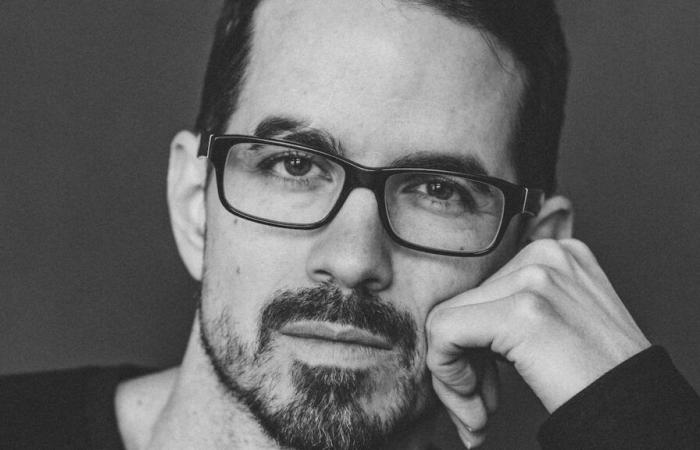The novel Raw milkby Steve Poutré, and the essay Out of play : cultural and feminist chronicle on the professional sports industryby Florence-Agathe Dubé-Moreau, are among the winners of the Governor General’s Literary Awards.
Steve Poutré’s novel, which addresses the daily lives of those who work on dairy farms, was awarded in the novels and short stories category. He was notably nominated alongside the popular The version that interests no oneby Emmanuelle Pierrot. Raw milk is Steve Poutré’s first novel.
Florence-Agathe Dubé-Moreau also won a prize for her first book, Out of playan essay on the place of women in the sports industry. The author herself knows this area well, being the spouse of former footballer Laurent Duvernay-Tardif.
In the essays category, she was up against another book that caused a lot of talk this year: File a complaintby Léa Clermont-Dion.
Author and columnist Florence-Agathe Dubé-Moreau Photo: -/Audrey Pilon-Topkara
Névé Dumas and Sarah Berthiaume among the other winners
Among the other winners, we find Névé Dumas for his work Degenerate poemin the poetry category, as well as Sarah Berthiaume in theater for Wollstonecraft.
In the children’s literature categories, the author Stéfani Meunier was recognized for the text of the book A bubble outside of timewhile Ovila Fontaine and Charlotte Parent stood out in the illustrated book category for The first Christmas tree.
Éric Fontaine was finally rewarded for his translation of Ristigouche : the long course of the wild rivera book originally written in English by Philip Lee.
The Governor General’s Literary Awards, managed by the Canada Council for the Arts, also reward English-language works in seven categories.
The winners of the literary prizes receive a scholarship of $25,000 each and the finalists receive $1,000.
Books






